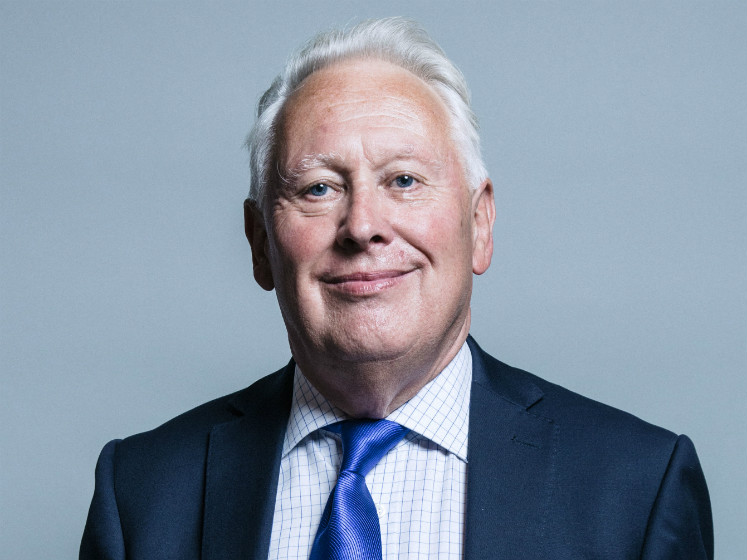 Bob Neill MP
Bob Neill MP
You were elected to the very first London Assembly, serving as an Assembly Member until 2008. What do you make of the progress and achievements of this institution so far?
Both the Assembly and the Greater London Authority (GLA) have made very good progress. The GLA is firmly established now and it’s pretty amazing that we had managed without a strategic authority for so long. The Assembly is taking longer to find its feet, probably due to a lack of high profile figures, but it is an effective scrutinising body that provides a necessary balance by holding to account the Mayor and his advisers. The Assembly has created very good relationships with a range of stakeholders, including business and communities, but there’s still some work to do to raise its profile with the general public in London.
I am a great believer in more devolution to London. I served in the London Finance Commission both under Boris Johnson and Sadiq Khan, and I want to see more fiscal powers devolved to London. However, in doing so it is important that the Assembly has a stronger hold on the budget and policy development.
In your opinion, what are the biggest challenges facing London?
The obvious is one Brexit. We need a Brexit deal which works for London economically, because if it doesn’t work for London it won’t work for the rest of the country. However, London is not only a financial centre, it is also a creative centre with links to technology, IT, Fintech and research, and home to an enormous cluster of world-renowned institutions such as LSE. Our city needs to remain cosmopolitan and open in order to attract talent and maintain its status in the international arena.
Beyond Brexit, London has to be a liveable city. We definitely have an issue around housing, and the cost of living in general, and we also need more investment on infrastructures.
You were elected as the MP for Bromley and Chislehurst in 2006. What are the most pressing issues affecting your constituency?
We share the same challenges as the rest of the city, but with some particularities. Thirty-six percent of the population in our area works in financial professional services. Ensuring prosperity of the financial sector is therefore critical to my constituency, as it drives incomes, wealth and lifestyles.
Most of our residents commute into London for work – we have the second highest number of over-ground commuting in the whole of England and Wales – but we have substandard train services. We must invest more in infrastructures and get a better deal from franchise operators.
Another key issue for us is getting the balance between planning and the development of houses right. Bromley is very popular with young families looking for some extra space; what works for inner London might not work for outer London. We have to deliver more services, but not at the expense of affordable family housing.
How has the area changed in the past 12 years?
It has become busier, and we have experienced a substantial traffic growth – probably a consequence of economic success. The area is also more mixed ethnically and demographically, and we are becoming more urban and cosmopolitan.
What are the most rewarding aspects of your work?
Constituency work is very important, rewarding and enjoyable. Talking to constituents about their needs gives me a reality check, it keeps me grounded.
I also enjoy being the Chair of Parliament's Justice Select Committee. The rule of law is fundamental to any democratic society and lawyers cannot be mere bystanders, they have an instrumental role to play in society. The Justice Committee can make a real difference in key issues such as reforming our prison system.
This interview was conducted in 2018